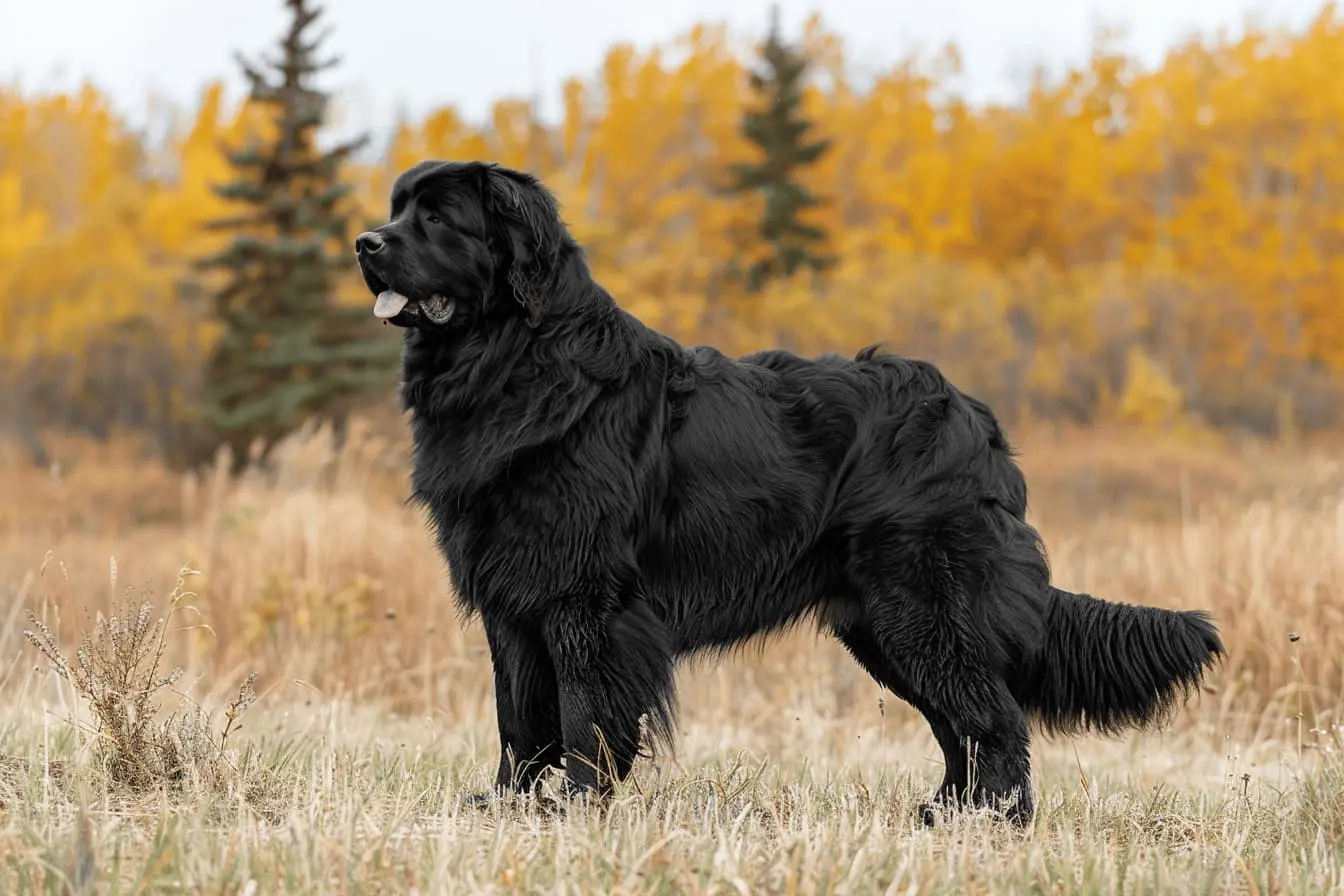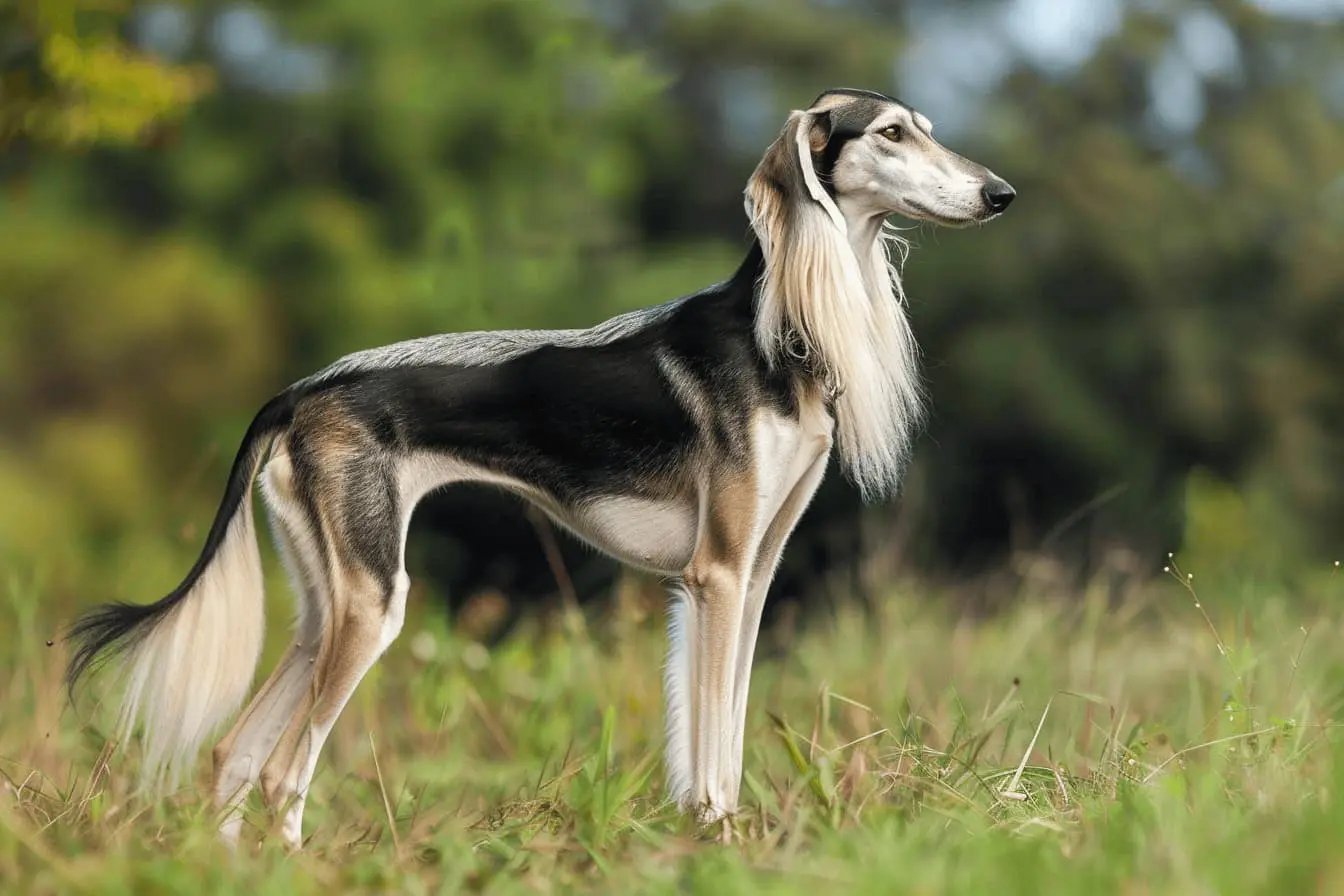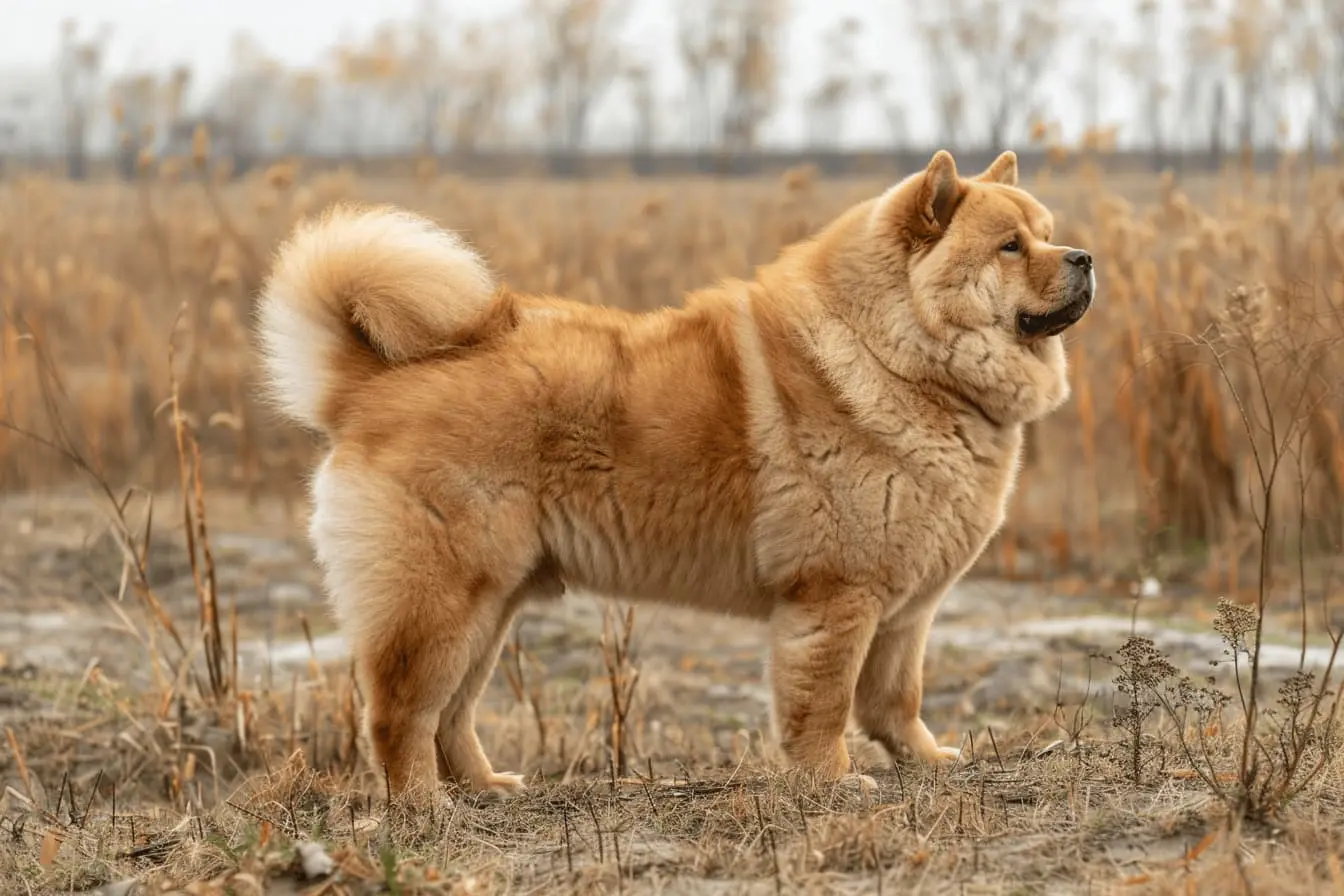
The Newfoundland: A Gentle Giant Among Dogs
The Newfoundland, affectionately known as the "Newfie," is a breed that epitomises the term "gentle giant." Renowned for their massive size, strength, and dense, water-resistant coat, Newfoundlands were originally bred as working dogs for fishermen in Newfoundland, Canada. Beyond their formidable physical attributes, Newfoundlands are beloved for their sweet temperament, patience, and exceptional abilities as water rescue dogs. If you're considering adding a Newfoundland to your family, understanding the breed's specific needs, characteristics, and temperament is crucial. This comprehensive guide will provide you with all the necessary information to make an informed decision.
Breed Overview
Newfoundlands are a large working breed known for their loyalty, gentle disposition, and prowess in water. They are equally adept at pulling nets for fishermen, hauling wood from the forest, and serving as beloved family companions.
Physical Characteristics
- Size: Newfoundlands are among the largest dog breeds, with males typically weighing 60 to 70 kg and standing 28 inches at the shoulder; females are slightly smaller.
- Coat and Colour: They possess a thick, double coat that is water-resistant and can come in black, brown, grey, or black and white (known as Landseer). Regular grooming is essential to maintain their coat and manage shedding.
- Lifespan: The average lifespan of a Newfoundland is around 8-10 years.
Personality and Temperament
Newfoundlands are known for their gentle and kind nature. They are famously good with children, often referred to as "nanny dogs" for their protective and patient demeanour. Despite their large size, they are remarkably gentle and affectionate with family members.
They are intelligent and responsive, making them relatively easy to train with the right approach. Newfoundlands are also known for their calmness and are not typically barkers, though they will protect their family if necessary.
Exercise and Training
Despite their size, Newfoundlands have moderate exercise needs. They enjoy leisurely walks, swimming, and playtime in a securely fenced garden. Due to their thick coat, they are more suited to cooler climates and should be protected from overheating in warm weather.
Early socialisation and obedience training are important for managing a dog of this size. Newfoundlands are eager to please and respond well to positive reinforcement techniques. Their training should emphasise gentle guidance and consistency.
Health and Care
Newfoundlands are prone to certain genetic health issues, including hip dysplasia, elbow dysplasia, heart conditions, and bloat. Prospective owners should ensure they work with reputable breeders who test for these conditions. A balanced diet and regular veterinary check-ups are important for their health.
Their thick coat requires regular grooming to prevent matting and to manage shedding. This includes brushing several times a week and occasional baths. Special attention should be paid to their ears and paws to prevent infections.
Living with a Newfoundland
Newfoundlands thrive in environments where they can be close to their families. They do best in homes with enough space to accommodate their large size, including a garden for exercise. However, they are primarily indoor dogs and should not be left outside alone for extended periods.
Their friendly nature makes them excellent companions for social activities, and they are known to get along well with other pets. Their size and drooling can be challenging for some, so potential owners should be prepared for these aspects of Newfoundland ownership.
Is the Newfoundland Right for You?
If you're looking for a loyal, gentle companion with a big heart and the size to match, the Newfoundland may be the perfect breed for you. They are well-suited for families, individuals, and anyone with enough space and love to accommodate this gentle giant.
However, if you have limited space, live in a hot climate, or are not prepared for the grooming and health care needs of a large breed, a Newfoundland might not be the best fit for your lifestyle.
Conclusion
The Newfoundland is a breed that offers unmatched companionship, loyalty, and love. With the right care, environment, and commitment to their needs, a Newfoundland can become an invaluable member of your family, enriching your life with their protective presence and gentle nature. Whether playing gently with children, accompanying you on leisurely walks, or simply lounging by your side, a Newfoundland brings a sense of calm and joy to every moment.
Vets near you
Speciality vets
- Aquatics vet specialists
- Birds vet specialists
- Camelids vet specialists
- Cats vet specialists
- Cattle vet specialists
- Deer vet specialists
- Dogs vet specialists
- Equines vet specialists
- Exotic vet specialists
- Goats vet specialists
- Pigs vet specialists
- Poultry vet specialists
- Sheep vet specialists
- Small Mammals vet specialists
- Wild vet specialists
Vet facilities
- Accessible by public transport
- Blood testing
- Car park nearby
- Client car park
- Dentistry
- Diagnostic imaging
- Disabled public access
- Flea and worm treatments
- Microchipping
- Mobile services
- Neutering
- Open at weekends
- Out-of-hours service
- Referral interests
- Referrals only
- Street parking outside
- Toilets available
- Vaccinations



